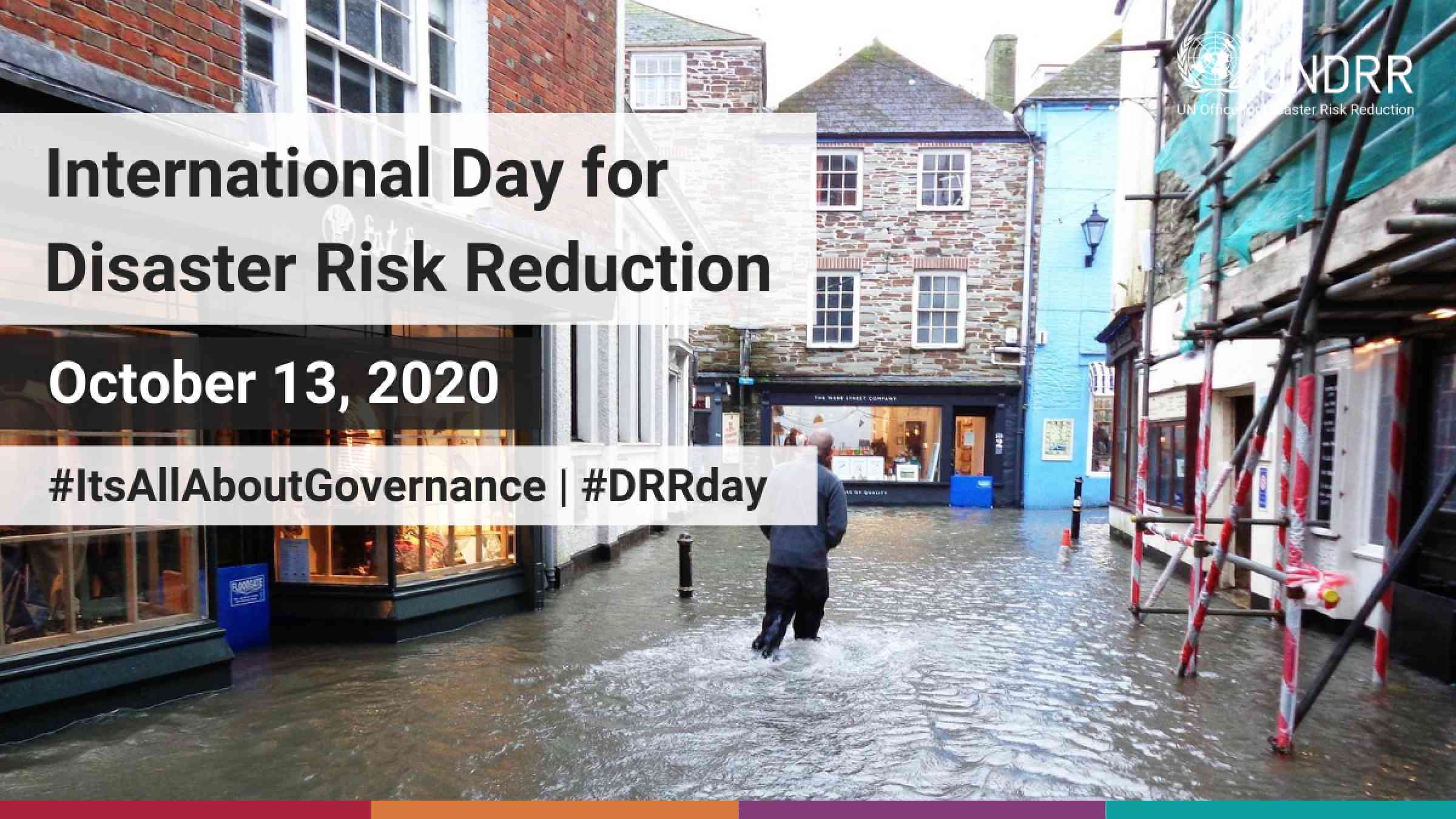Regions and cities call for a reinforced EU Civil protection mechanism to tackle future pandemics and emergencies

The COVID-19 pandemic has demonstrated that it is of utmost importance to strengthen coordination between Member States, between all levels of government and across borders. Solidarity and cooperation are crucial to overcome the current crisis and tackle any future outbreak or major disaster. Therefore, mayors and governors call for a long-term commitment to further reinforce the EU Civil Protection Mechanism and its instruments. The appeal was sent by the Committee of the Regions (CoR) on 13 October, the International Day for Disaster Risk Reduction.
Local and regional authorities reiterate their call for significant strengthening of the emergency and disaster response capacities of the EU, with the involvement of national, local and regional emergency response structures. Through the opinion A reinforced Union civil protection mechanism , European mayors and governors ask for a stronger territorial dimension of the mechanism.
The rapporteur Alberto Cirio (IT/EPP), President of the Piedmont Region, underlined: "With my opinion I want to underline the importance of a concrete involvement of European states, regions and local authorities in defining the resilience objectives set at European level. I also believe that it is crucial to know how to implement a governance system without dangerous overlaps between the different operational levels, but stronger, more cohesive and more effective". The opinion was discussed on 12 October and will be adopted by the CoR at the end of the plenary session.
The Special Representative of the Secretary-General of the United Nations for Disaster Risk Reduction, Mami Mizutori, took part in the debate. She said: "The case for prevention and resilience, alongside the critical needs of response and preparedness, is clear. Europe’s solidarity in the face of the COVID-19 pandemic relies more than ever on its cities and regions. The discussion today goes a long way towards reinforcing this reality and supporting the European Union achieve goals for disaster resilience across the region".
In 2019, the EU reinforced components of its disaster risk management by upgrading the EU Civil Protection Mechanism . RescEU was introduced with the objective of enhancing both the protection of citizens from disasters and the management of emerging risks, thanks to a new European reserve of aircrafts and a stockpile of medical equipment. The CoR welcomes the EUR 1.9 billion reinforcement of rescEU under the new recovery instrument Next Generation EU, bringing the total allocation to about EUR 3 billion for the next multiannual financial framework (MFF) 2021-2027. Therefore, the assembly calls for a swift agreement on and adoption of the EU budget. At the same time, local and regional authorities underline the need for more flexibility for deployment of rescEU resources to effectively respond not only to health crises but also to other large-scale emergencies.
Additionally, in order to improve the European preparedness, the CoR proposes the creation of databases shared between neighbouring countries in order to identify materials, resources, equipment, specialised volunteers and logistics.
On 12 October the president of the CoR, Apostolos Tzitzikostas, presented the first EU-wide Regional and Local Barometer produced by the Committee, focused on the impact of the COVID-19 pandemic. EU regional and local authorities have been on the frontline in tackling the health crisis and keeping people safe. The report shows how they are also key to the economic recovery.

